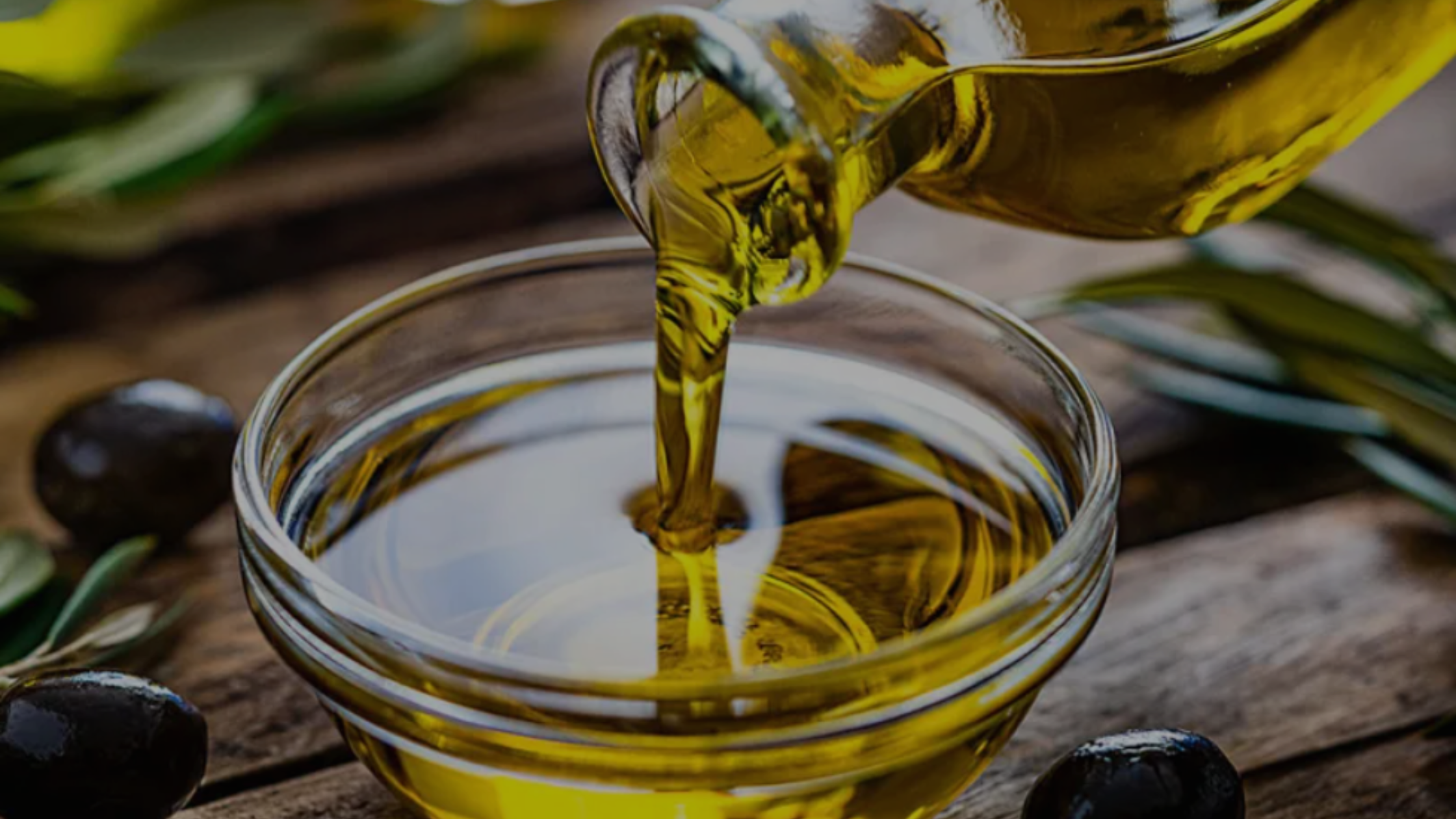Welcome back! As you all know this blog is among a three part series called "Haircare Tips for Hijabis." The first part discussed hair conditions that hijabis face along with their symptoms and treatments. This second part of the blog series focuses on the sunnah of hair oiling along with some natural hair oils and their benefits. The purpose of this series is to educate others on the importance of haircare and to help others identify any symptoms they may be experiencing and the steps they can take to improve their hair health.
Taking Care of Your Hair
“The Prophet (ﷺ) said: He who has hair should honor it.” (Abu Dawood). Hair is given so much importance in Islam and unfortunately many people are unaware of this. Men and women are both advised to take care of their hair when it comes to combing, oiling, perfuming, styling, etc. For hijabis, it can be difficult to stick to a haircare routine. When one is busy with school, work etc. we often get ready in a hurry, and rarely take the time to comb our hair for example. Even in the evenings when we come home, we get so busy with other tasks such as cooking food, cleaning, etc. and we are unable to take time to put oil in our hair. The purpose of this is to remind us of the importance of taking care of our hair in Islam, along with some tips on improving one’s hair.

Hair Oiling
Hair oiling is a tradition that has been widely popular especially due to Ayurvedic medicine, and the emphasis on using herbal remedies to treat conditions of the body. However, hair oiling is a sunnah in Islam and has been practiced by the Prophet Muhammad (SAW). When applying oil in his hair, Prophet (SAW) would always start from the right side. The Prophet (SAW) would apply oil in his hair once a week, and this is something that we should all follow in our haircare routine. This is also the preferred frequency of hair oiling which dermatologists recommend! The Prophet (SAW) would use his fingers to gently massage the oil in a circular motion in his scalp and he would proceed to apply oil from the right side of his head to the left side. Even this technique of applying hair oil is recommended by dermatologists because hair oiling has two purposes: improving the hair’s condition and stimulating the blood circulation in the scalp so that hair growth can occur.

Types of Hair Oils
Olive Oil
This is one of the most popular hair oils and some hadiths have mentioned that the Prophet (SAW) also used this hair oil! Olive oil is a relatively heavier hair oil and it is one of the best remedies for combating dandruff and scalp psoriasis! Another benefit is that it helps repair split ends and can also heal the hair follicles from damage due to chemicals and heat styling tools.
This hair oil can be applied on its own or with other hair oils such as coconut, avocado, etc. Some dermatologists recommend applying hair oil at night so that the hair oil can stay in your hair for a longer time! You can tie up your hair in a loose braid or a loose bun once you have applied oil and then cover it with either saran wrap or a microfiber towel so that the hair oil can stay in your hair and the oil won’t be rubbed off on your pillow.
Coconut Oil
This is another popular hair oil! Coconut oil is lighter than olive oil and is often combined with other carrier oils! Due to its chemical structure and its main ingredient, lauric acid, this hair oil is more easily absorbed by hair follicles compared to other hair oils. Coconut oil improves shine and provides a softer texture to your hair! It is also great for treating fungal infections in the scalp as well as dandruff.
This hair oil can be applied either overnight or for an hour even because it can be absorbed easily by the hair shaft. It is recommended to warm up coconut oil in a microwave before applying because the warm temperature of the oil will help strengthen and nourish your hair. Coconut oil can also be applied on the ends of your hair when it is wet and can be left on as a conditioning treatment.
Black Seed Oil
Black seed oil isn’t as popular as coconut or olive oil, but the main ingredient, Black Seed, has a special significance in Islam. In Sahih Bukhari, The Prophet (SAW) said that the black seed is the cure for all diseases except death. This hair oil is very unique not just because of its fragrance, but also because of its properties in reducing scalp inflammation and promoting hair growth. This hair oil has been proven to reduce hair fall and improve hair density because this hair oil can also be easily absorbed by the hair follicles. Black Seed oil has been used to treat many hair conditions such as Telogen Effluvium, Alopecia, Areata, etc.
Black seed oil is recommended to be applied overnight and it is also recommended to heat up this oil so that it can penetrate the hair follicles easily. This hair oil can be combined in hair masks or hair conditioners as well!



4 comments
Thanks. The information is very helpful. Looking forward for more tips on hair treatment and products, skin, health, hijjab etc
Thanks. Very helpful. Looking forward to other tips on hair, skin , health etc
جزاك الله خير 💐
Thank you for this information. So helpful and informative.
Leave a comment